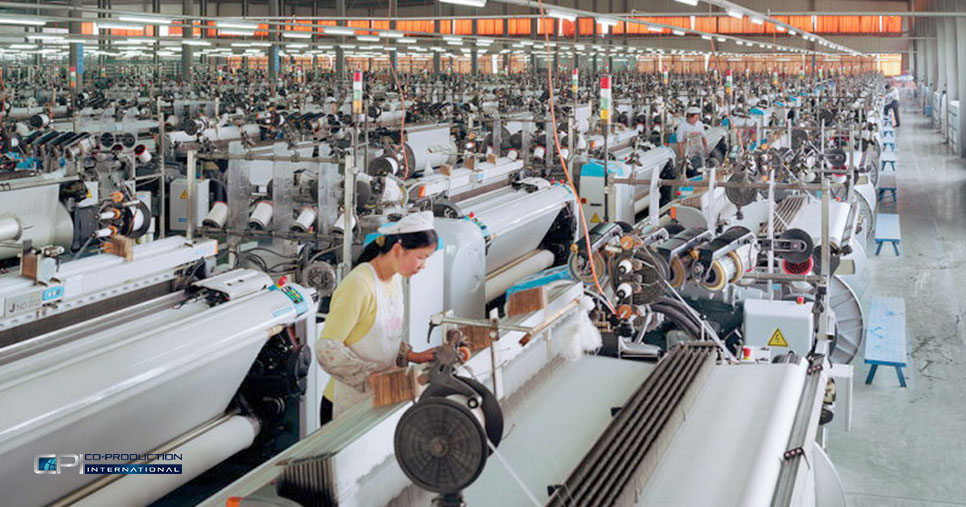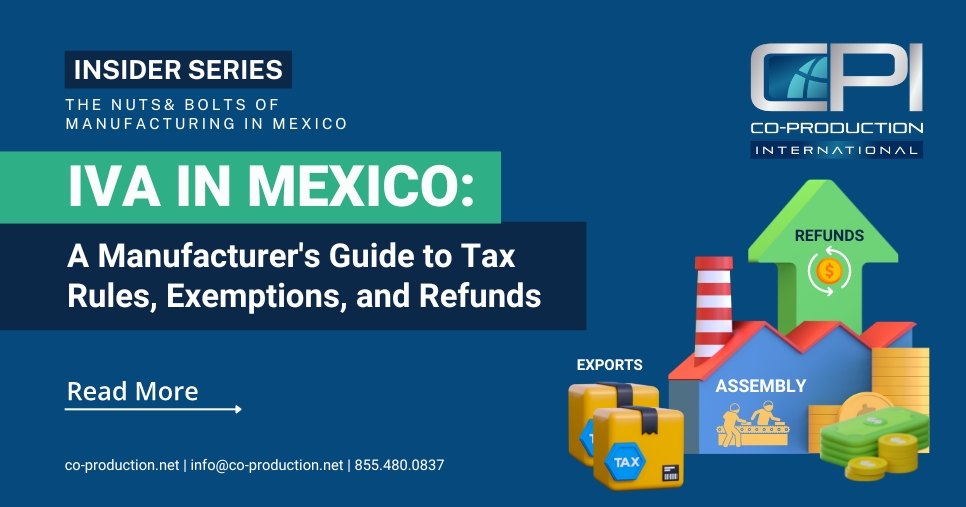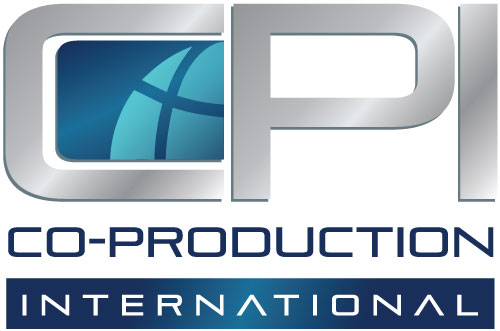The North American Free Trade Agreement is one reason a 65-year-old Phoenix manufacturing company is increasing its revenue. Family-owned Allied Tool & Die uses NAFTA to invest capital and grow in Phoenix while also generating business with a Mexican manufacturing branch.
“I do not take jobs away from Phoenix just because I have a plant in Mexico,” said Bill Jordon, Allied’s third-generation company CEO. “The plants complement each other and the Mexican operation allows me to make capital investment in Arizona.”
Allied has 95 employees in its south Phoenix multi-building location and 13 workers four hours away in Mexicali, Baja, Mexico. The plants, according to Jordan, serve different purposes.
Allied Tool & Die is a high-tech job shop. It hasn’t made tools or dies — except for internal use — since 1952, but Jordan’s grandfather, the company's founder, kept the name. In place of research and development, it works from customer designs in creating parts for aerospace and aviation companies.
“We build parts that go into other companies final products,” Jordan said. “We have to build to a high level of precision and quality to meet (Federal Aviation Administration) and (Department of Defense) certification requirements.”
The CEO said his products are exported all over the world, but he really never knows where they are going.”
“We essentially makes something someone else puts into their product that’s exported,” he said. “I just have to know where it’s going if it’s a restricted component for military use.”
Supply-chain exporting is a way for businesses to become involved with boosting Arizona’s exports and taking advantage of higher revenues and profits that come from exporting without actually being an exporter.
“If it weren’t for NAFTA, we wouldn’t be as successful or competitive as we are,” Jordan said. “Many of the companies with which we deal, such as Honeywell, have facilities in Arizona and Mexico. With NAFTA, we can deal with both locations as if they were in the same town.”
Where this comes into play is capital equipment.
“Our business has large, expensive equipment making parts. To grow, we need to upgrade to more efficient machines,” he said. “It’s expensive, and there is no real market for selling the old machines.”
Jordan said that with NAFTA, he can move the older, less efficient equipment to Mexicali to make room for the latest technology in Phoenix.
“Labor cost is less in Mexico, so I can move needed equipment from Phoenix and assign the labor-intensive parts to my Mexicali facility, he said. “I’m able to increase production efficiency and output in Phoenix with the new machines. This way, I can expand the products I make without taking work from either facility.”
With NAFTA, Allied is able to move the machines and materials back and forth as needed without taxes and tariffs. If NAFTA were to be repealed, his business model would be less efficient.
“Being part of the supply chain helps U.S. manufacturers increase production of final products,” Jordan explained. “We do a better job of making these specialty parts so the final assembler does not have to do so.”
To export to his customers, Allied uses a freight forwarding company that specializes in the destination country.
“They consolidate our shipments with others and handle all the paperwork for the exporting process,” Jordan said.
Not worrying about the details of exporting lets him focus on what Allied does best — craft quality parts and get them delivered on time.
Source: Phoenix Business Blog
By: Eric Jay Toll

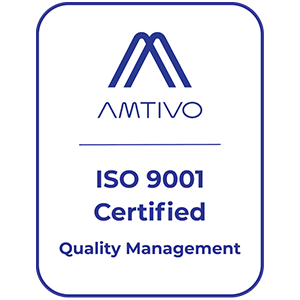

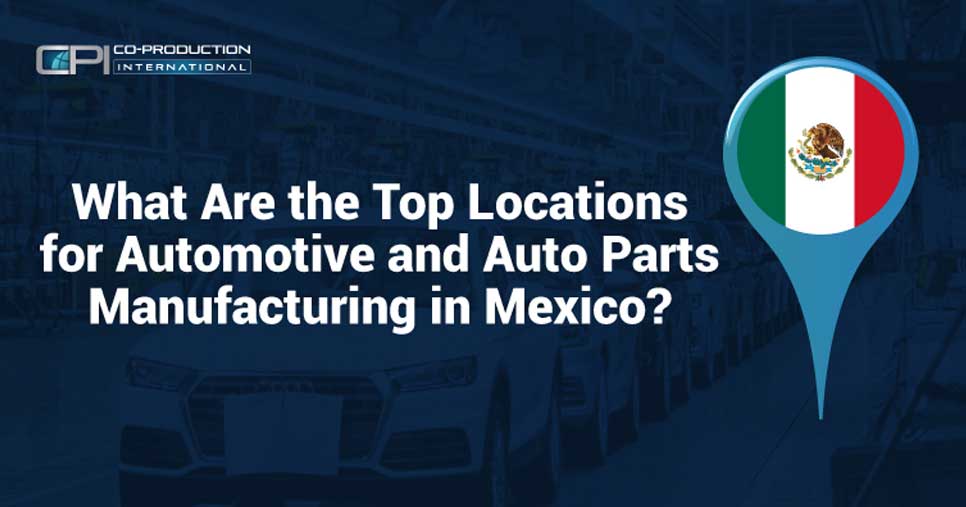
.png)
